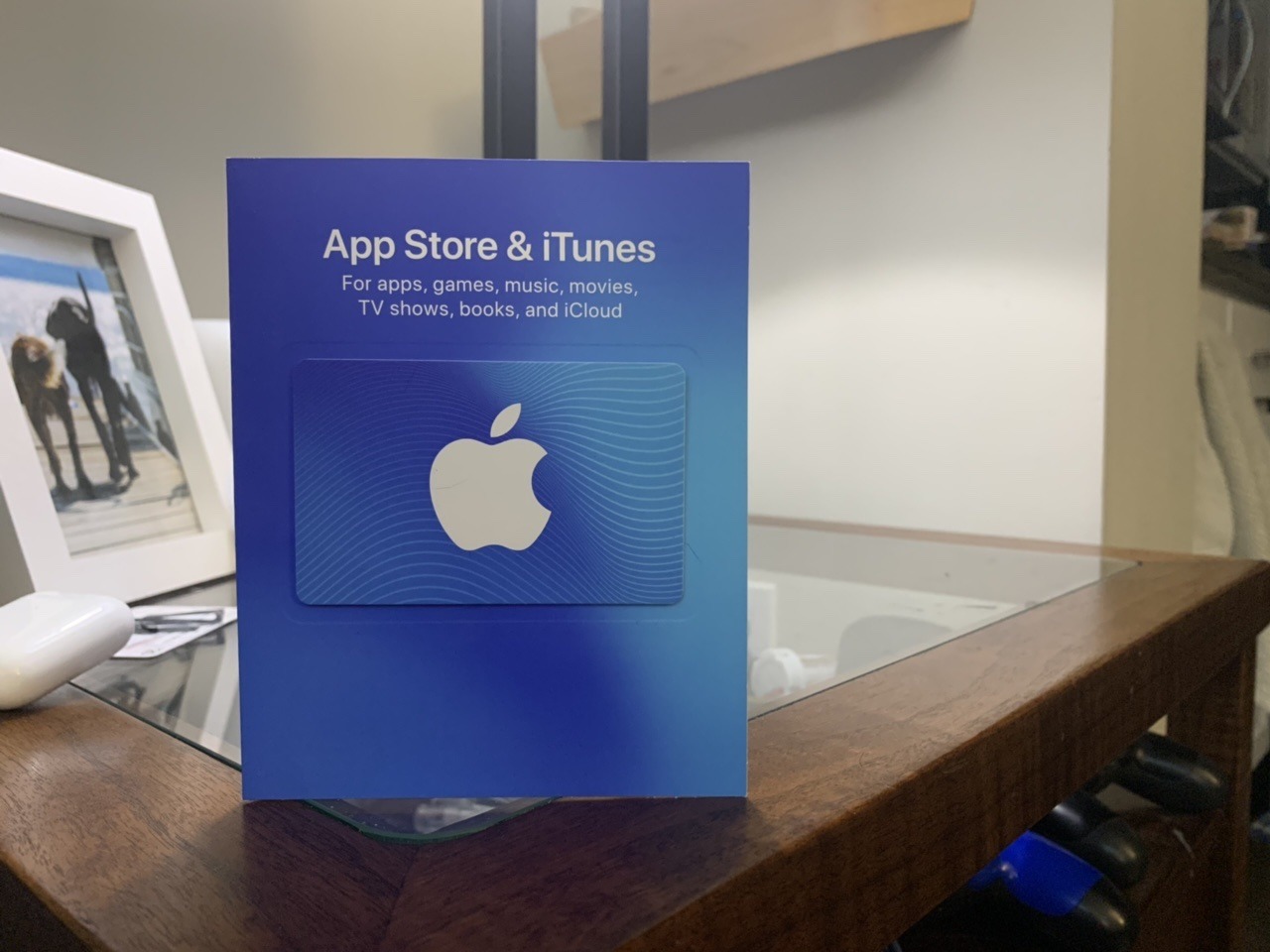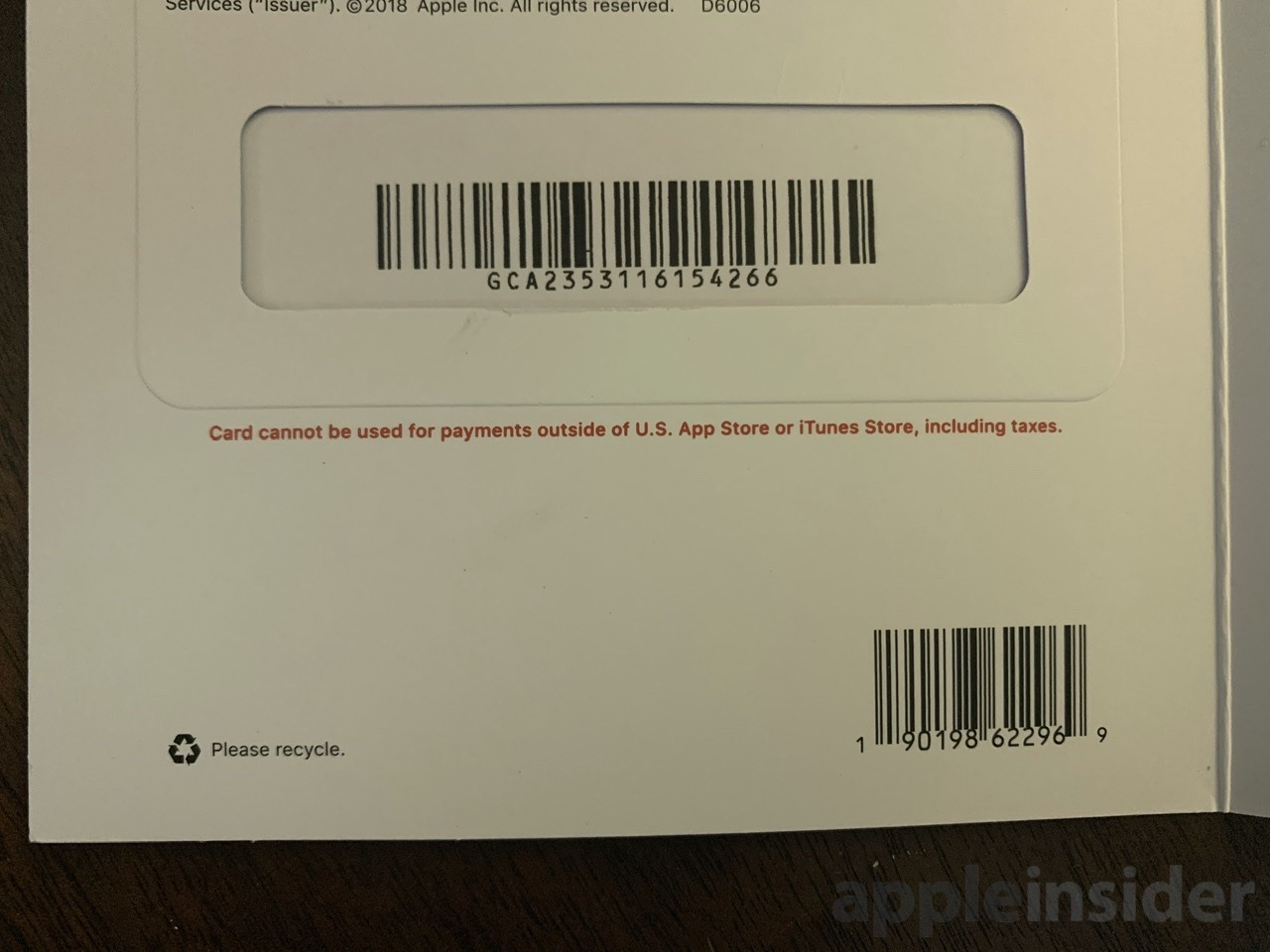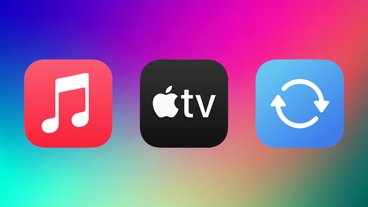Apple warning customers that App Store gift cards can't pay income taxes
Apple is now warning customers up front that iTunes gift cards, in fact, cannot be used to pay taxes as number of fraud calls ramp up.
An all-too-common scam involves an unsuspecting mark receiving a call from a unknown number — sometimes spoofed as the IRS. Once the call is answered, a fraudster claiming to be from the aforementioned government agency informs the subject that they have unpaid taxes and must pay the balance, lest they be arrested.
One of the ways presented to the mark to settle up is the option to pay that balance by way of iTunes gift cards. They tell the mark to go to a local store, buy an iTunes gift card, then read the number to them over the phone. Needless to say, the legitimate IRS does not accept iTunes gift cards as a form of currency.
Yet the scam has continued to be rampant and it seems it has finally been enough of a concern for Apple to take action.
Now, when a customer attempts to purchase an iTunes gift card at the Apple Store, the employee will inform the shopper that iTunes gift cards cannot be used outside iTunes or the App Store, specifically as a method of paying taxes. Customers are then asked to accept this warning on the mobile POS system carried by employees before the purchase continues.
A closer look at the iTunes gift cards themselves shows a new warning line, printed in red. "Card cannot be used for payments outside of U.S. App Store or iTunes Store, including taxes," reads the text on the gift card packaging.
In the U.S., scam phone calls have continued to be on the rise, and little has been done to curb the issue. Apple itself has implemented some sort of safety precautions within the upcoming iOS 13 update that will automatically filter supposed spam call and send them straight to voicemail, though that doesn't stop the calls from coming in the first place.
Recently, some traction has been gained in the fight against these calls. A new bi-partisan "Stop Bad Robocalls" bill has seen support in the U.S. House.
 Andrew O'Hara
Andrew O'Hara












 William Gallagher and Mike Wuerthele
William Gallagher and Mike Wuerthele
 William Gallagher
William Gallagher
 Wesley Hilliard
Wesley Hilliard
 Andrew Orr
Andrew Orr



 Amber Neely
Amber Neely







